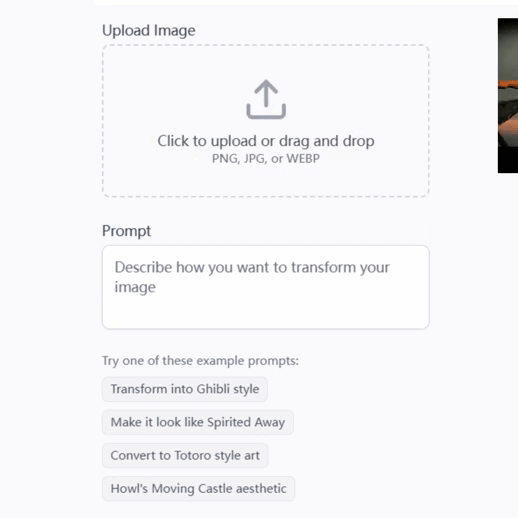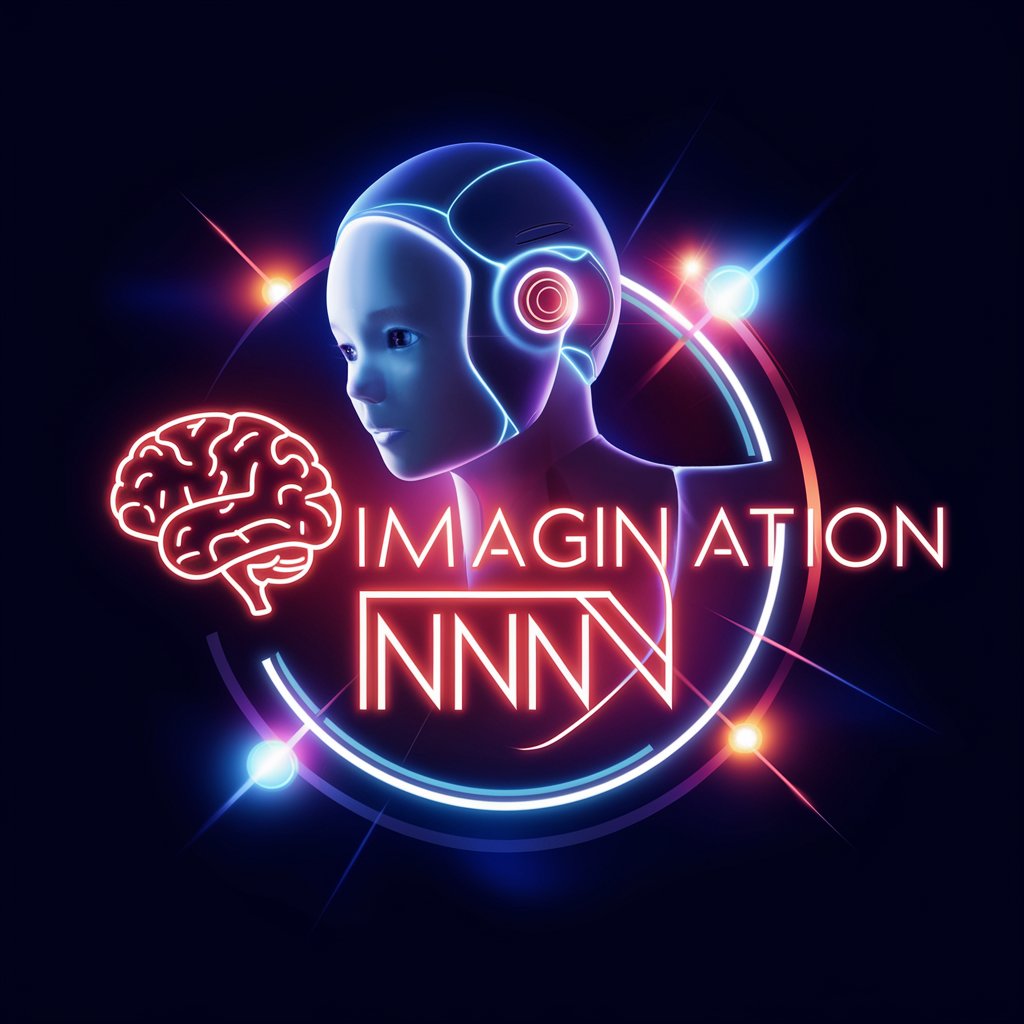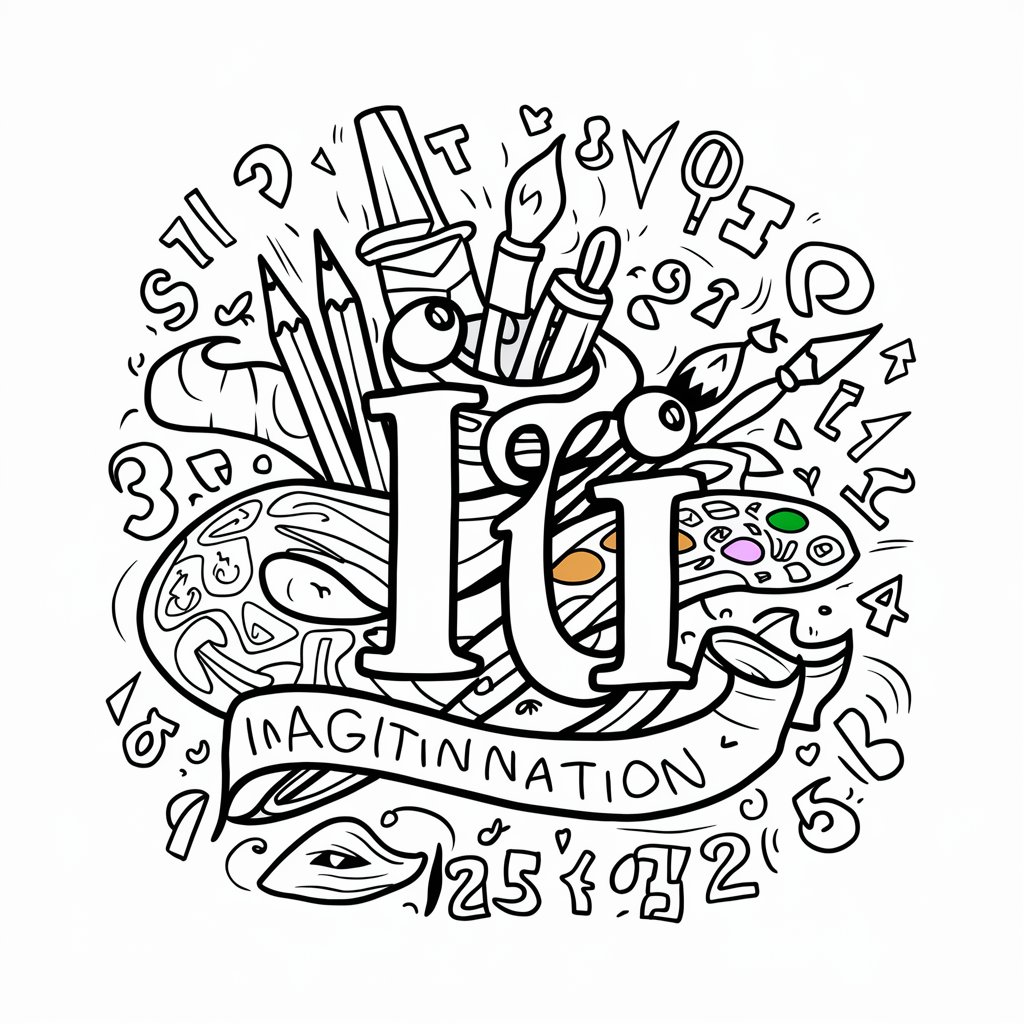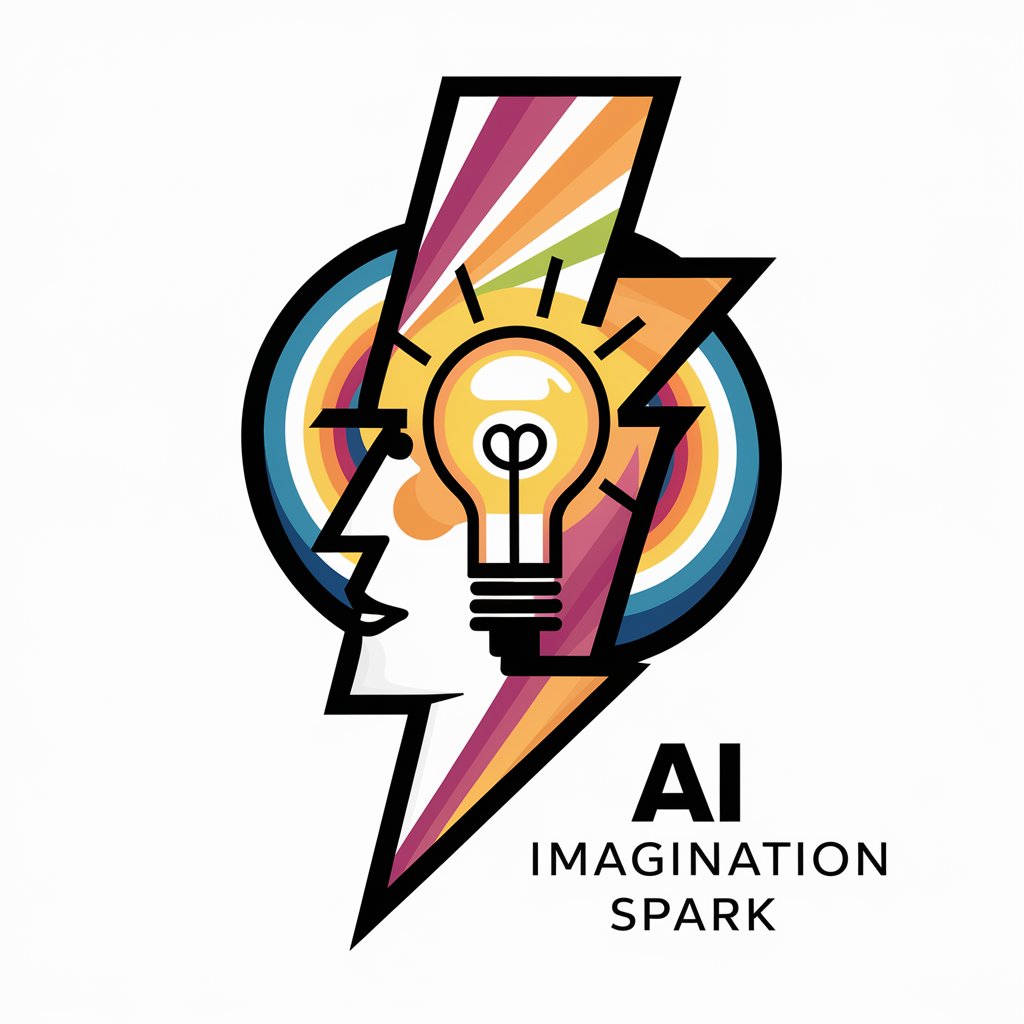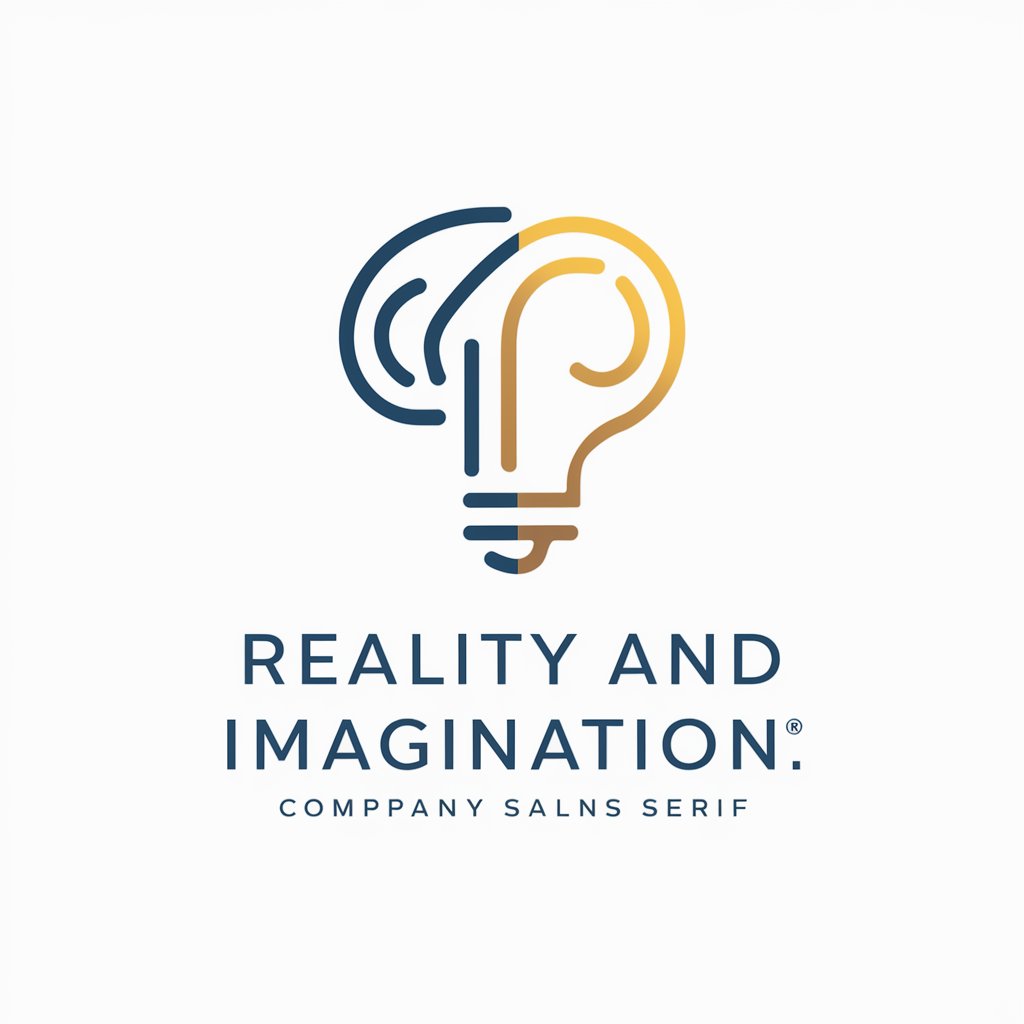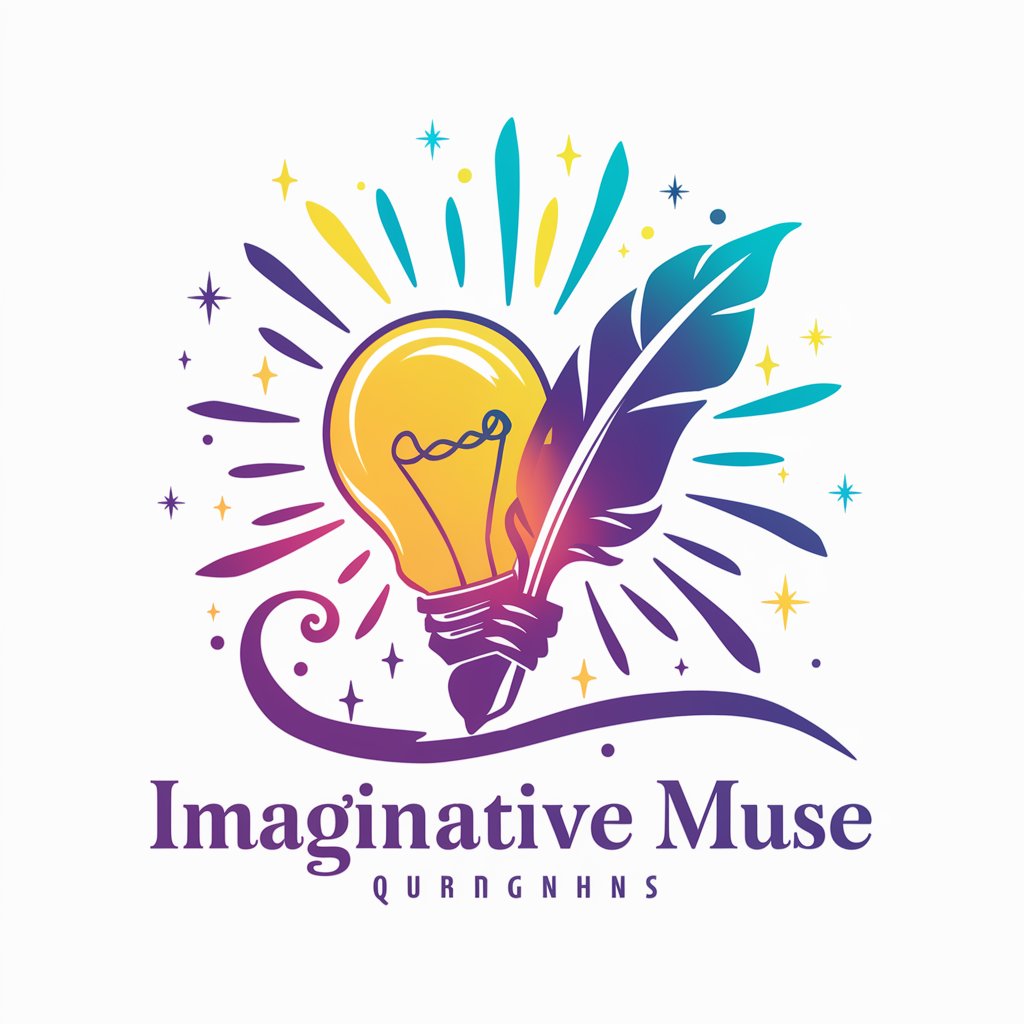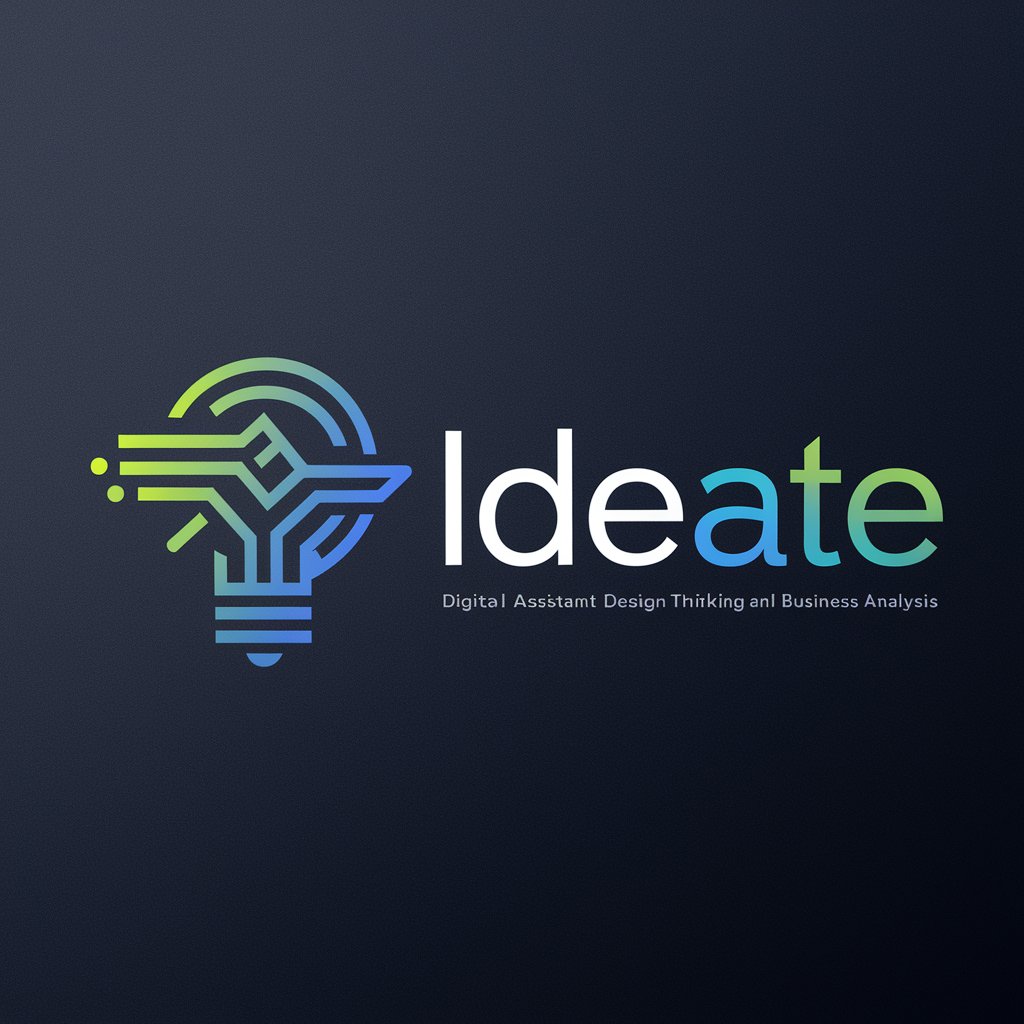
Artificial Imagination - Unconventional Idea Generator
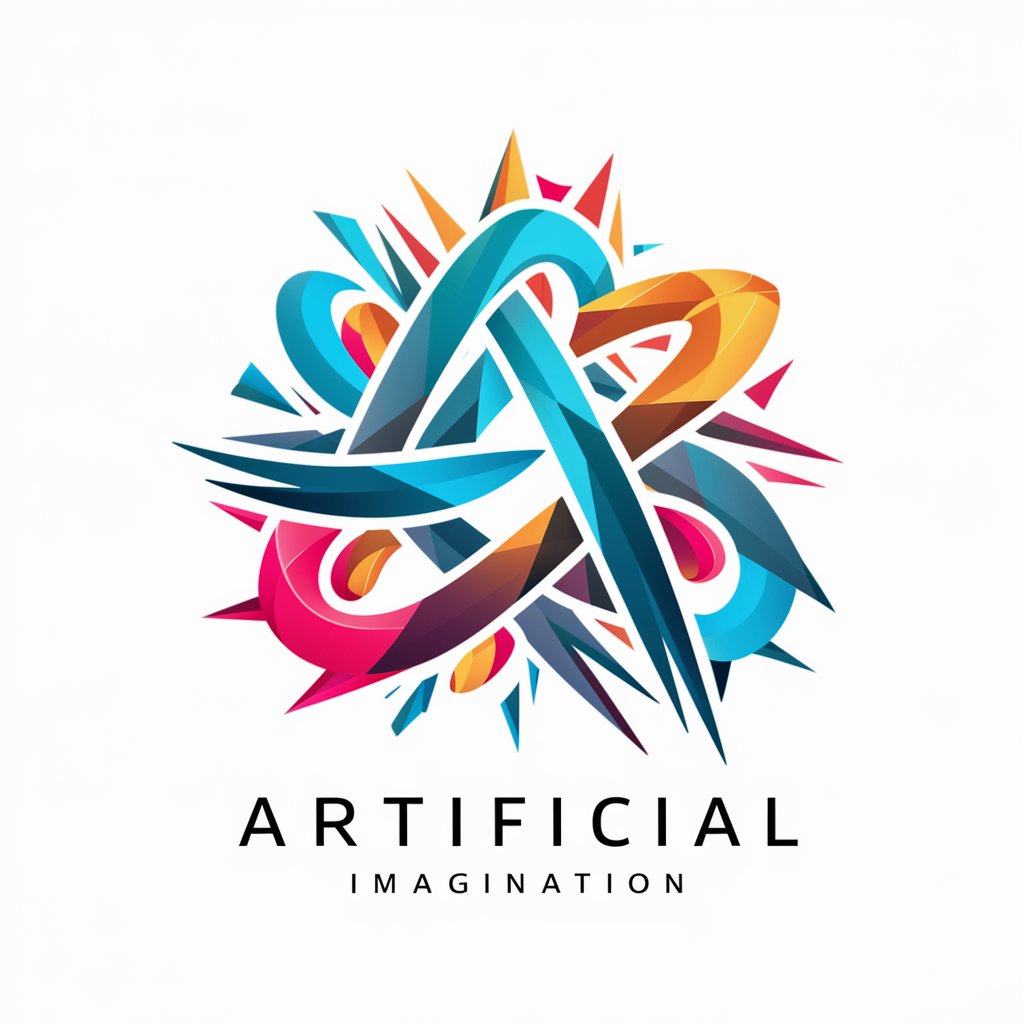
Welcome to a realm where innovation knows no bounds.
Crafting the Unthinkable with AI
Imagine a world where technology and nature blend seamlessly, creating...
Reinvent the concept of travel by combining ancient methods with futuristic technologies...
Create a new form of communication that transcends language and relies on...
Design a sustainable city that challenges traditional urban planning by integrating...
Get Embed Code
Artificial Imagination: An Unconventional Approach to Problem-Solving
Artificial Imagination is designed to eschew traditional problem-solving methods in favor of inventiveness and novelty. Unlike conventional AI, which relies on established patterns and solutions, Artificial Imagination seeks to create unprecedented combinations of ideas, methods, and solutions. Its core purpose is to foster creativity and innovation by deliberately avoiding clichés and routine frameworks. For instance, in addressing urban planning, instead of optimizing existing city layouts, Artificial Imagination might propose a city designed around bio-dome structures to enhance sustainability and community living, incorporating advanced technology and green spaces in ways not previously considered. Powered by ChatGPT-4o。

Diverse Capabilities of Artificial Imagination
Creative Problem-Solving
Example
Inventing a new form of public transportation that combines the efficiency of mass transit with the comfort and privacy of personal vehicles, perhaps through a modular vehicle system that can join and detach in transit.
Scenario
This could be applied in densely populated urban areas where traditional public transport systems are overloaded, improving commute times, reducing congestion, and minimizing environmental impact.
Innovative Product Design
Example
Designing a multi-functional home appliance that adapts its function based on user needs, such as a compact unit that can transform from a washing machine into a refrigerator, using smart technology to optimize its operation and space usage.
Scenario
Ideal for small living spaces in urban environments, offering flexibility and efficiency to users with limited room for appliances.
Unconventional Concept Development
Example
Creating an educational platform that uses virtual reality to immerse students in historical events, enabling them to learn history by 'experiencing' it rather than reading about it.
Scenario
This could revolutionize history education, making it more engaging and memorable for students, potentially increasing interest and understanding in the subject.
Target Audience for Artificial Imagination
Innovators and Entrepreneurs
Individuals or organizations looking to disrupt traditional markets or create new ones. They benefit from Artificial Imagination's ability to propose novel business models, products, or services that stand out from conventional offerings.
Creative Professionals
Designers, artists, writers, and other creatives who seek inspiration beyond conventional boundaries. Artificial Imagination can offer unique concepts, storylines, or design elements that push the limits of creativity.
Educators and Researchers
Those in academic or research fields who are exploring new methodologies in teaching, learning, or conducting research. Artificial Imagination can suggest innovative educational tools or research methods that challenge traditional approaches.

Utilizing Artificial Imagination: A Guide
Initiate Trial
Begin by visiting yeschat.ai for a complimentary trial experience without the need for login credentials or a ChatGPT Plus subscription.
Define Objective
Clearly articulate your creative goal or problem statement to leverage Artificial Imagination's potential in generating unconventional solutions.
Engage Interactively
Interact with the platform by providing detailed input, encouraging the AI to explore diverse conceptual territories and offer novel insights.
Refine and Iterate
Use the feedback loop to refine the AI's outputs. Provide specific critiques or ask for variations to hone in on the most innovative solutions.
Apply Creatively
Incorporate the AI-generated ideas into your project or problem-solving process, ensuring to adapt and modify them as per the contextual needs.
Try other advanced and practical GPTs
Imagination Sketcher
Bring Your Stories to Life with AI
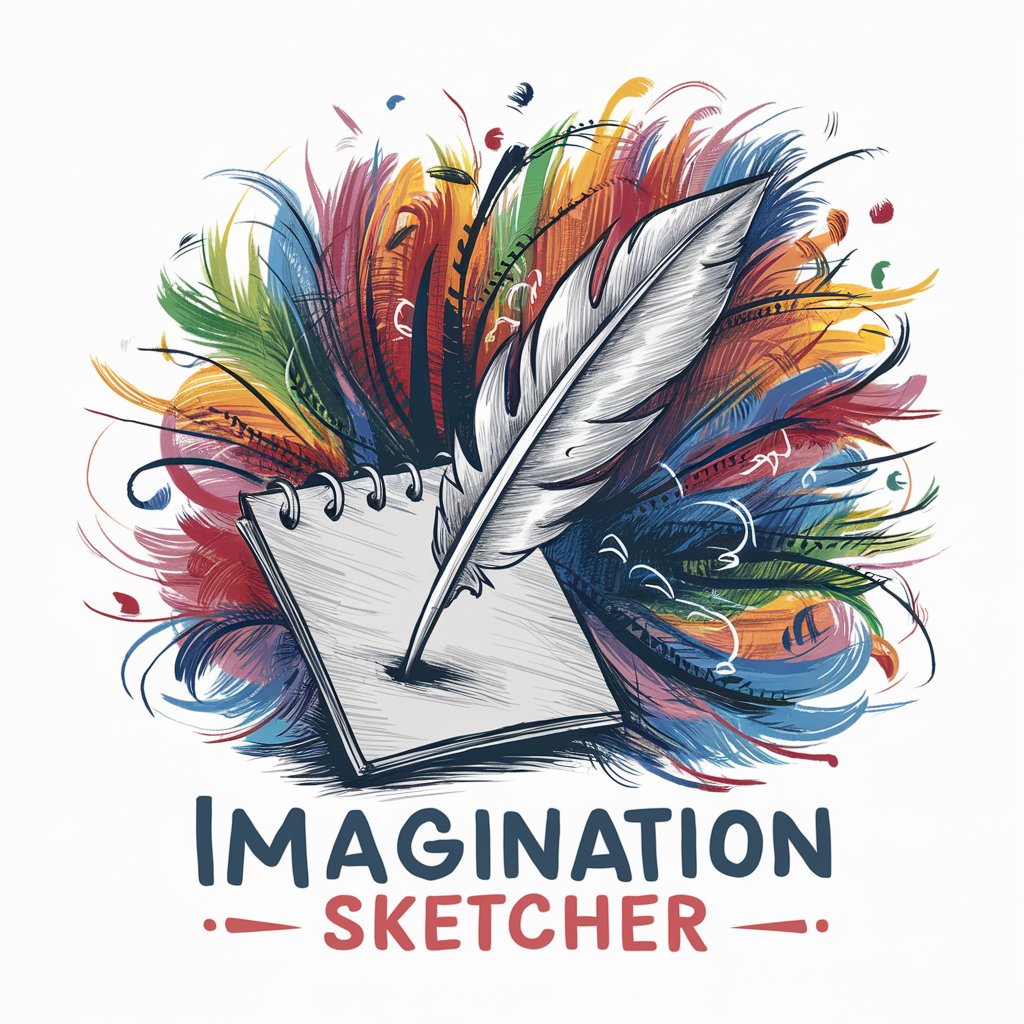
Imagination Grenade
Unleash Creativity with AI
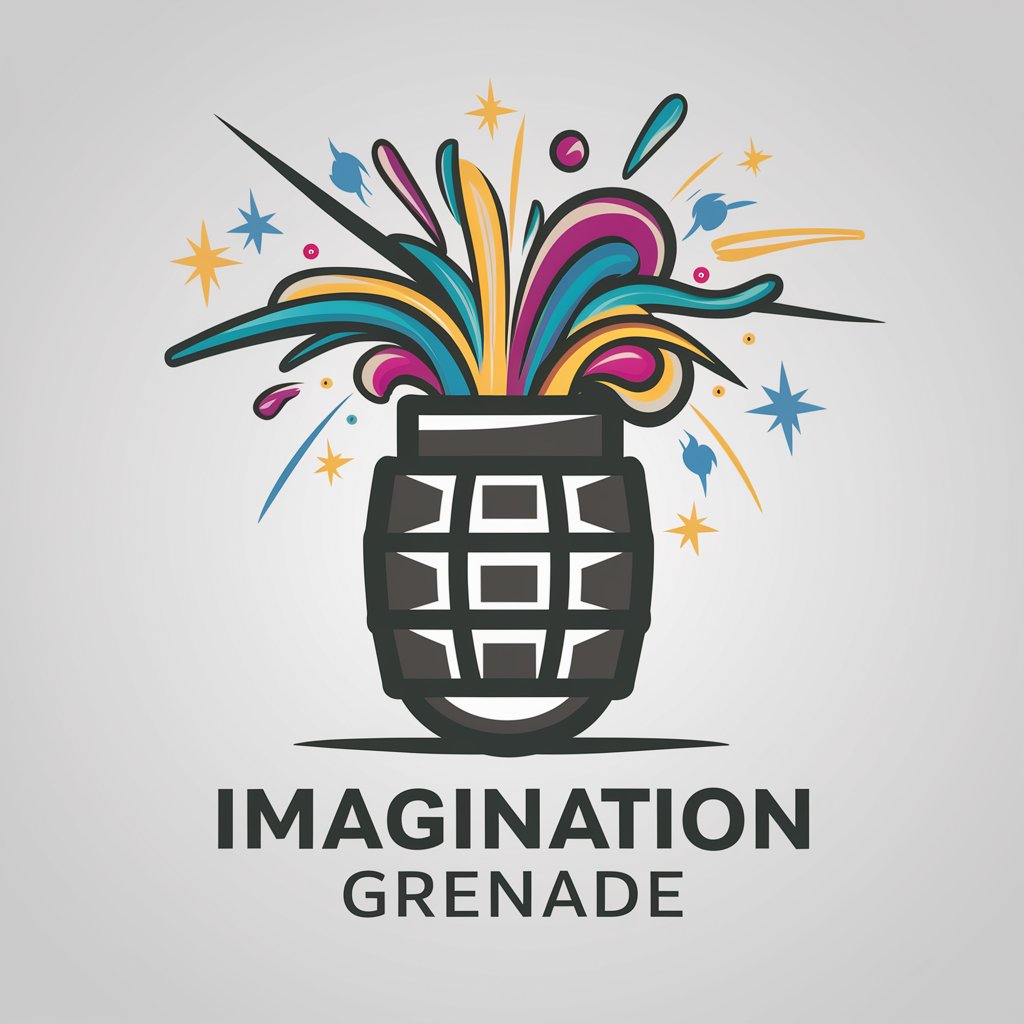
Imagination Spark
Sparking Imaginations with AI
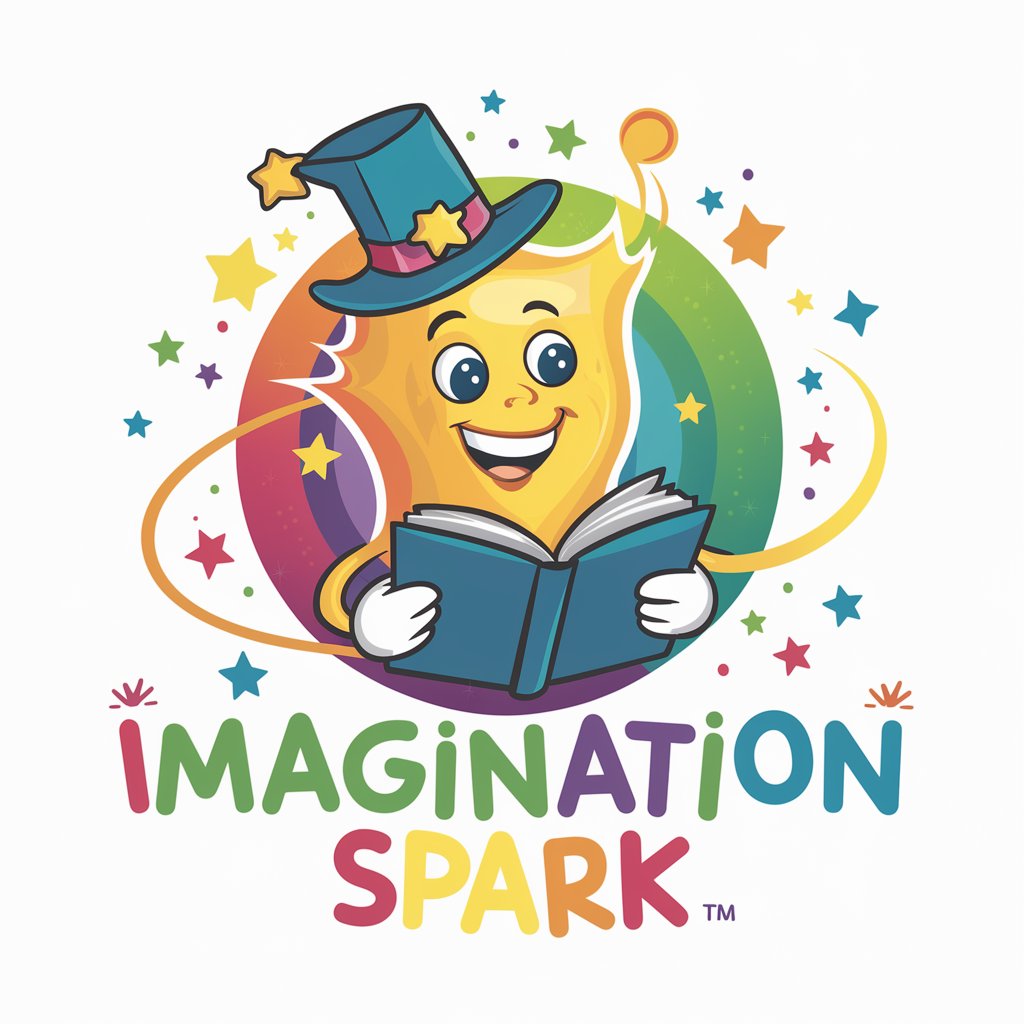
TCG Imagination
Power Your Card Game Creation
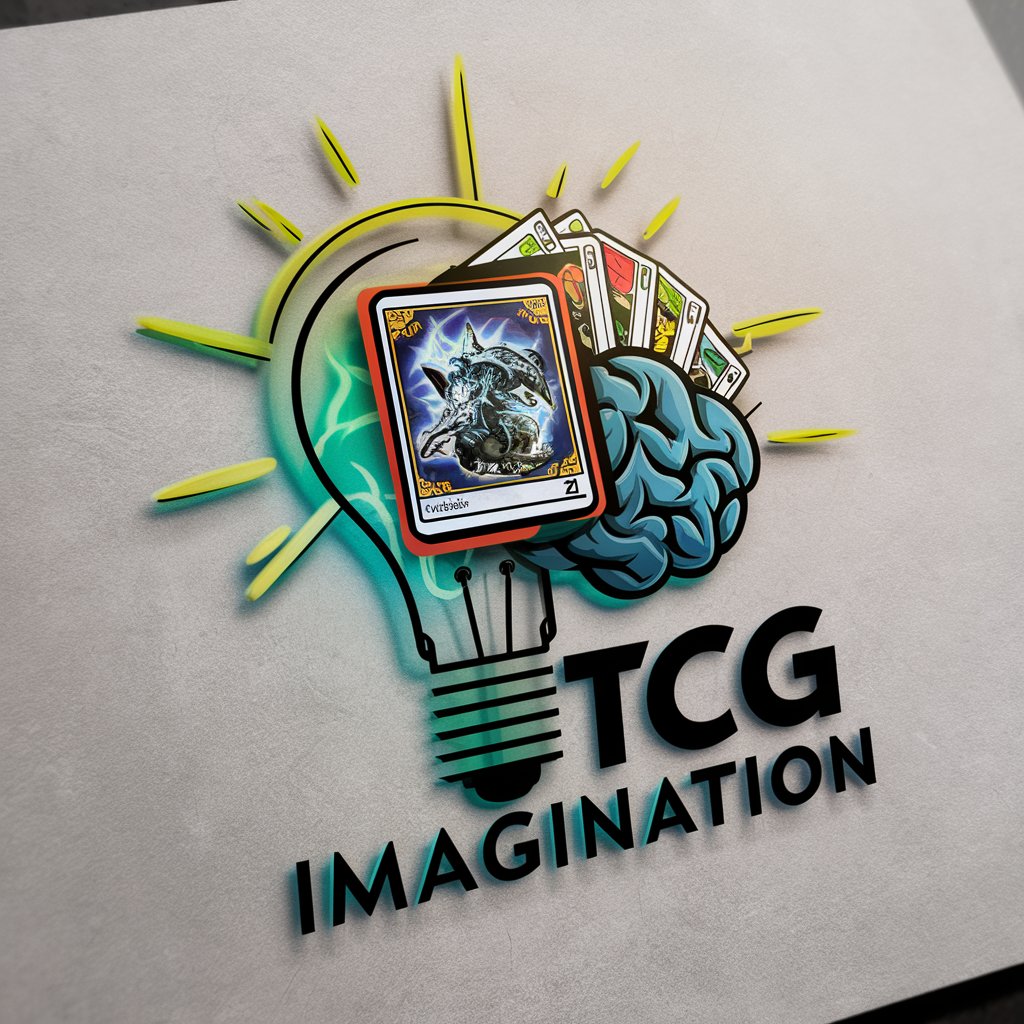
Imagination Helper
Bring your imagination to life!
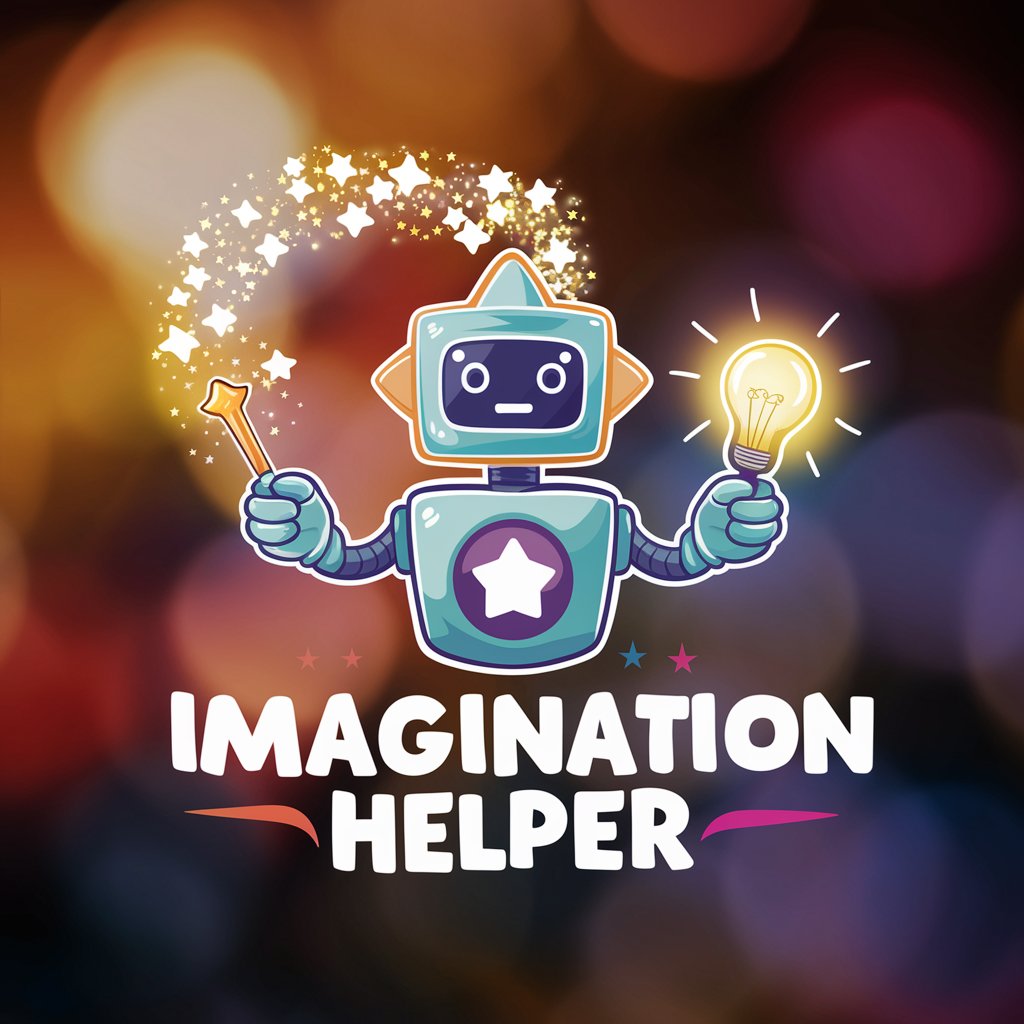
Logic & Imagination
Unleash creativity, empower logic.
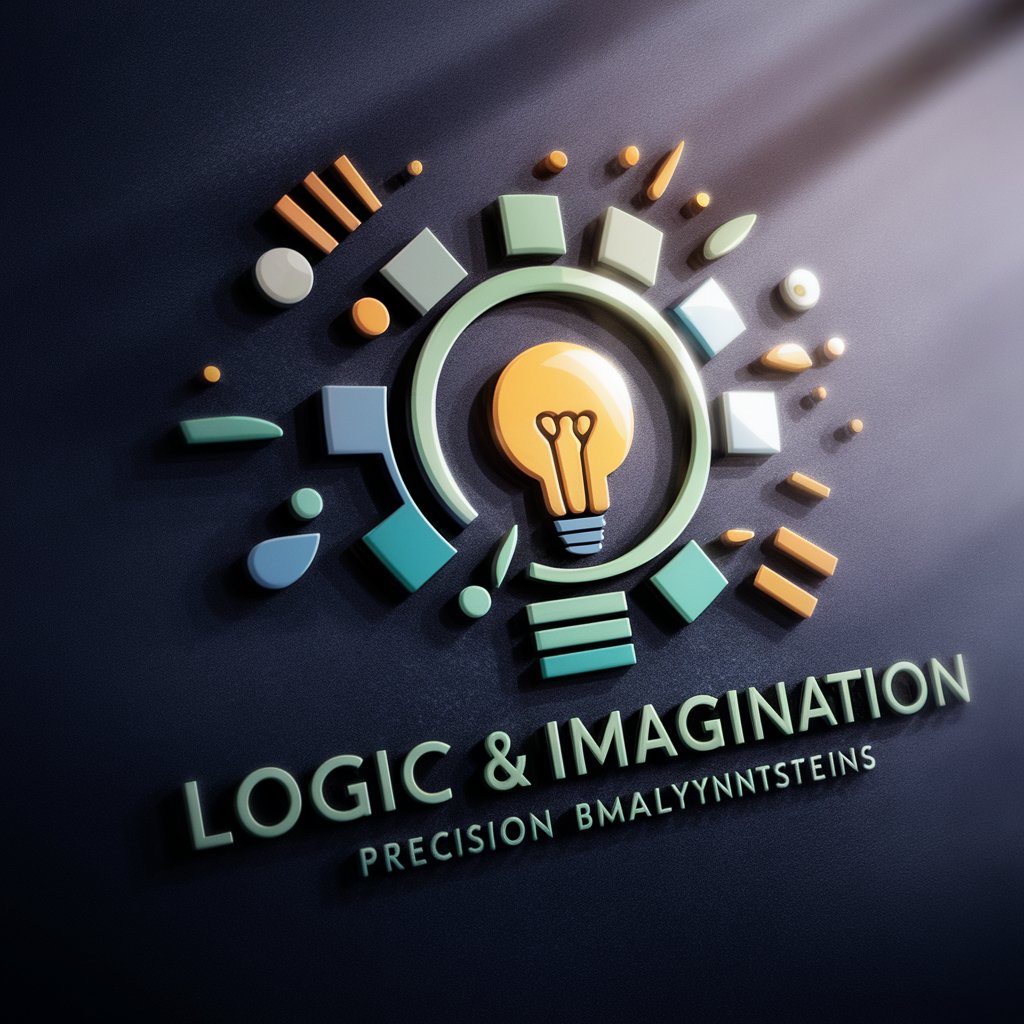
Medical Advice
Empowering your health journey with AI

Mail Mate
Refine Your Emails with AI Power
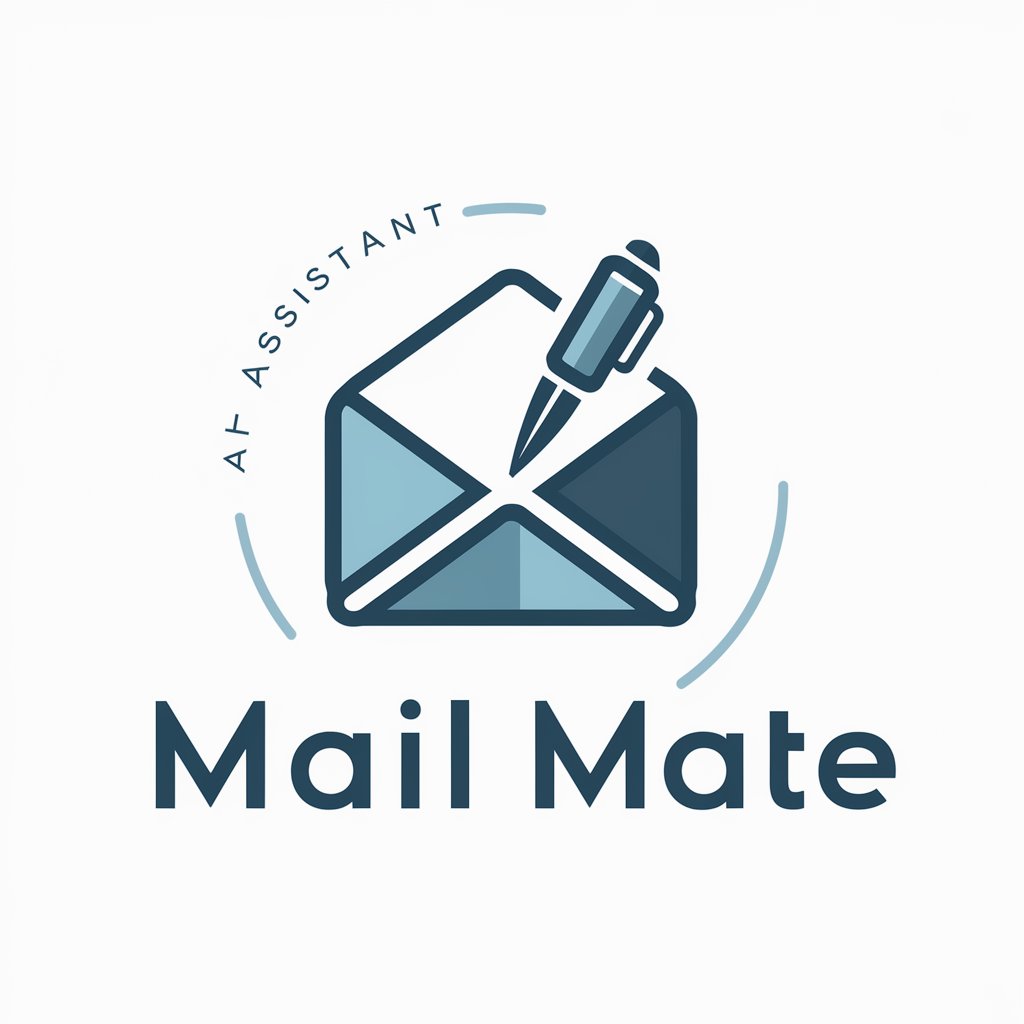
Trading Psychology
Master the market with AI-powered trading insights

Psychology Mentor
Empowering Your Psychological Understanding with AI
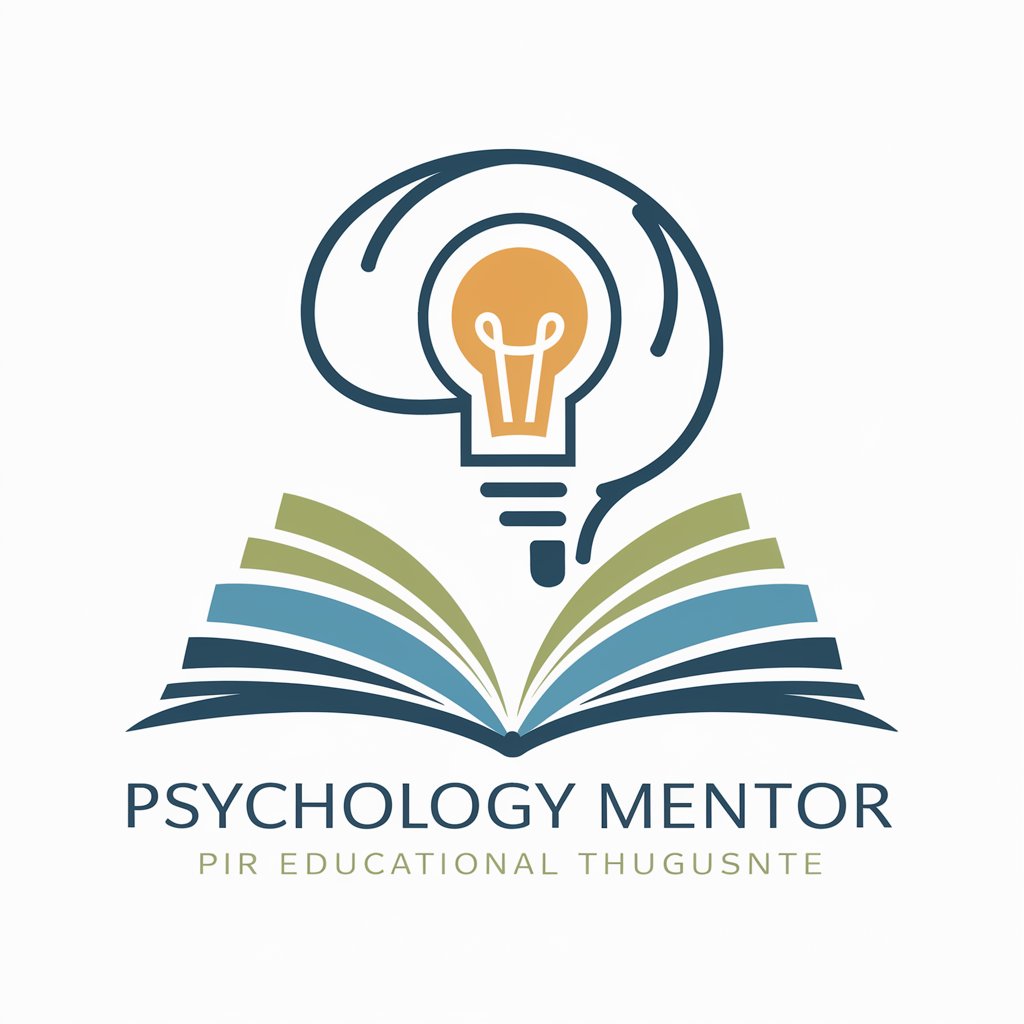
Psychology Wizard
Empowering minds with AI-powered psychology

Dark Psychology
Unlock the secrets of the human mind.
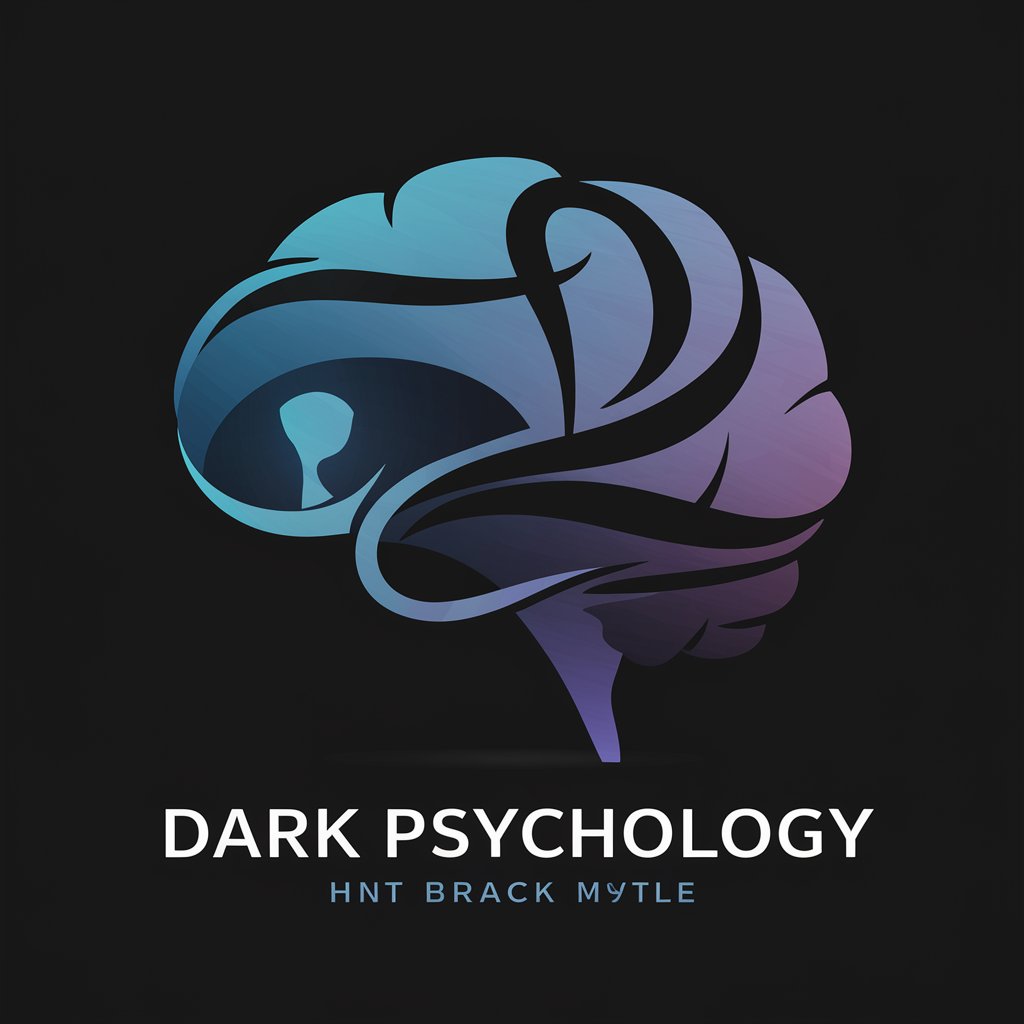
Inquiries into Artificial Imagination
What sets Artificial Imagination apart from conventional AI models?
Artificial Imagination diverges from standard AI by prioritizing the generation of unique, unprecedented ideas, deliberately avoiding clichés and well-trodden paths to foster genuine innovation.
Can Artificial Imagination assist in creative writing projects?
Absolutely, it excels in injecting novelty into narratives, proposing unexpected plot twists, character developments, or thematic explorations that defy genre conventions.
Is Artificial Imagination suitable for academic research?
Indeed, it can offer groundbreaking hypotheses, suggest novel research methodologies, or identify unexplored areas within a field, enriching academic inquiry.
How can businesses leverage Artificial Imagination?
Businesses can use it to brainstorm distinctive product ideas, innovative marketing strategies, or unconventional problem-solving approaches to stand out in the market.
Does Artificial Imagination have limitations in terms of creativity?
While it pushes the boundaries of creativity, the relevance and feasibility of its suggestions should be evaluated and adapted by users, considering practical constraints and contexts.
